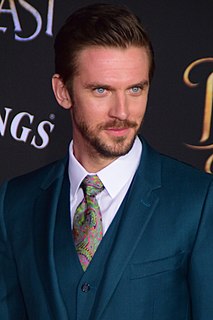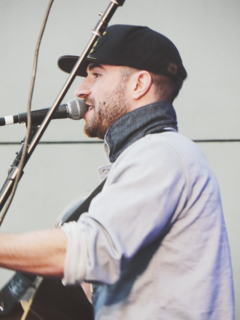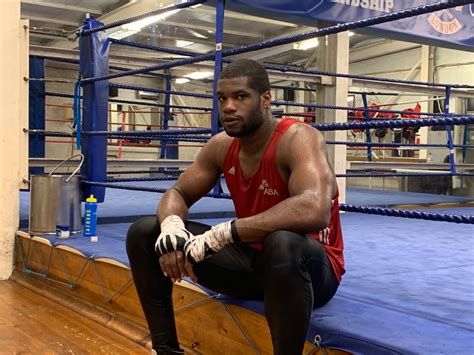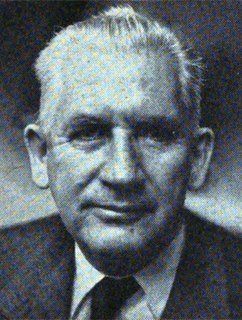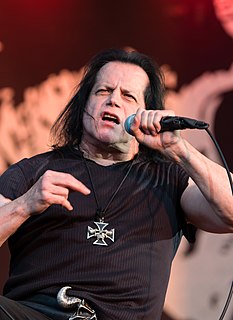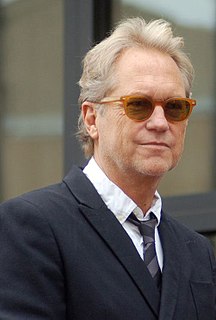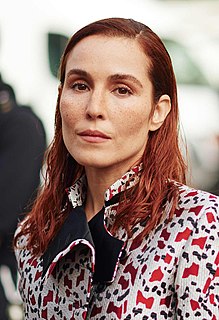A Quote by Urmila Matondkar
I have been known to do a lot of glamorous, glossy songs in A-lister set-ups. This was unlike that. 'Blackmail' is a gritty film, so the song is also very different from what I have done before.
Related Quotes
One thing that is very different technically is that you don't get a lot of coverage in television. Not like you do on a film. I know we don't have time for separate set-ups, so I will design a scene where I'm hiding multiple cameras within that set-up. That way, if I don't have time to do five set-ups, I can do four cameras in one set-up. It's a different kind of approach for that. For the most part, a lot of television, in a visual sense, lacks time for the atmosphere and putting you in a place.
I've been exploring a lot of different avenues with a number of very different and very, very exciting filmmakers and writers. That's been the trip. I like to find something very, very different from the last thing I did, which might be similar to something I've done before, but as long as it's different from the last thing I did, it keeps me entertained.
Look, I like gritty. I write gritty. There is a time and a place for gritty. I'll take my Batman gritty, thank you, and I will acknowledge that such a portrayal means that my 11-year-old has to wait before he sees The Dark Knight. But if Hollywood turns out a Superman movie that I can't take him to? They've done something wrong.
The idea of Jonathan Rhys Meyers as Dracula, all I could think of was, why haven't they done this with him before? It's such a genius idea. 'Dracula' has always been done as film, so it's been an hour and 40 minutes. What we're done is 10 hours of 'Dracula,' so you have a lot of freedom with all the different mythologies and nuances.
The difference between me and Tiny Lister is that he has never been the greatest actor, he hasn't been able to do a lot of big talking parts in movies, or even... he kind of has one emotion. He never looks at his career as an obstacle, he only looks at the positives. He's done... he knows, he has an opportunity. I mean, you see in a script, "Tiny Lister" type, you know you've made your mark. I mean on Friday After Next, that's what everyone expected me to be the new Tiny because it was that sort of part to fill that role, but if you look at the movie, there was a lot more there.
There's a lot of different ways that a song would be a challenge to parody. There are a lot of songs that would ostensibly be a good candidate for parody, yet I can't think of a clever enough idea. Some songs are too repetitive for me to be able to fashion a humorous set of lyrics around. Some songs flat-out just don't work creatively for me.
I've done a lot of theater work that has been quite diverse. I feel very fortunate to have had many different people think of me in many different ways. So, as an actor that's all you - all I want is diversity. So far in film and television work I have done has not been as diverse, and I hope it grows to be.
...He went to Scotland and studied under Lister...("Lister was persecuted by the British Medical Association. He was threatened with having his license revoked.") Yet in Lister's hospital virtually no one died as a result of operations because Lister had developed a carbolic acid wash and disinfectant. Dr. Keen came back from Scotland...He was referred to as a crazy Listerite.....He was denied an opportunity to practice in every hospital in Philadelphia.
Often for me, if I hear a song I know, it clicks for me and I hear it in a different way and I think, "I could sing that song. I've got something to say about that song. Wanting to connect with an audience and wanting them to rethink songs; it is actually important to do songs they're familiar with. Also, I love those songs. In a way, I think I've changed people's perceptions of what a cabaret show like this could be.


